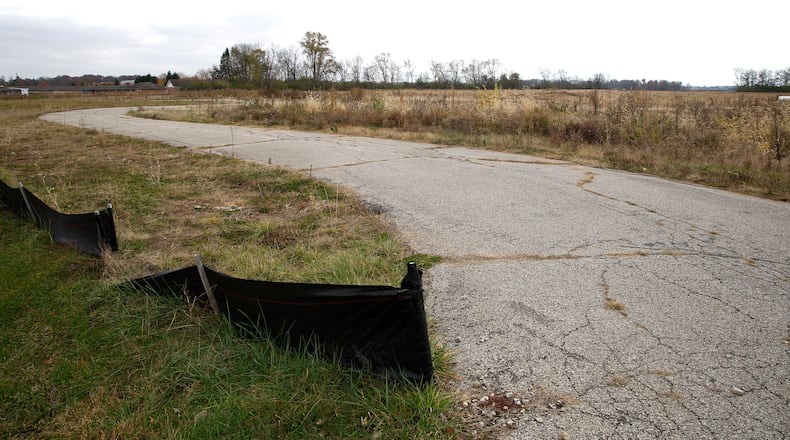The legal action comes after a meeting on Wednesday in which Clark County Development Director J. Alex Dietz shared that three board members vacated their seats due to attendance policy violations and the chair resigned his position. Dietz said during the meeting that land allocated for a residential and retail development was automatically approved because the resignations brought the previous majority vote to deny the land to 2-2, and with no action within 30 days, policy requires automatic approval.
Kuhn, who has previously expressed concerns about the potential more than 375 new students at Shawnee with the Melody Parks development, said that action at the Wednesday meeting was not allowed according to the Ohio Revised Code because there were only two board members present and four are needed to meet the quorum requirement.
“We as a district believe Wednesday’s emergency meeting violated the Ohio Open Meetings Act so we filed a formal complaint to that effect,” Kuhn said.
Kuhn said because during Wednesday’s meeting board members were “publicly informed and publicly acknowledged the action” related to the Melody Parks land use agreement, they violated the Ohio Revised Code and CEDA rules.
According to the Ohio Revised Code, a meeting is a “prearranged gathering of the members of a public body for the purpose of discussing public business.” Kuhn said Wednesday’s meeting does not meet this definition because there were two members present.
As of Wednesday, there were only three members left on the CEDA board.
The legal action asks the court to prevent the CEDA board from “taking any form of action whatsoever in accordance with or in furtherance of the actions taken at the illegally held emergency public meeting ...”
Melody Parks, which would take up 400 acres along East National Road near Bird Road, is planned to include retail, restaurants, multi-family apartments, patio and single-family residential components.
Clark County Commissioner Melanie Flax Wilt said that the plot of land is certified for Borror’s Melody Parks development. She said the county acts as the administrator and X of the CEDA board but is not directly involved.
Flax Wilt said the county was made aware of the attendance policy violations after the October meeting. She said the CEDA board did not take action on Wednesday because there was no quorum.
Springfield city manager Bryan Heck said after the Wednesday meeting that the city is excited to see the project move forward.
“It’s been a long time since Springfield and Clark County has seen projects like this, like Melody Parks,” Heck said. “We know we need housing — we have a housing shortage in our community — and projects like this and partnering with a developer like Borror is going to be critical to the success of this community, and the future of this community.”
Columbus-based developer Borror is leading the $400 million Melody Parks project, a name that is a nod to the former drive-in at the site. Officials said it is the largest project of its kind in the area in decades.
Kuhn said the district’s goal is to make sure that everything is done “above board” and that “the right things [are done] the right way.”
Springfield Mayor Rob Rue said with this project, there has been transparency with the city. He said Springfield looked into its CEDA board appointees and found that Kathryn Lewis-Campbell had missed too many meetings, and she and others who also missed meetings were notified they had vacated their seats.
Rue said of the three board members removed, two were no votes and one was a yes vote, which brought the vote from the October meeting to 2-2 instead of 4-3 against.
“Of course we didn’t want CEDA to vote no on this, but this meeting was a null and void meeting before the beginning, before it even needed to start,” Rue said.
About the Author

